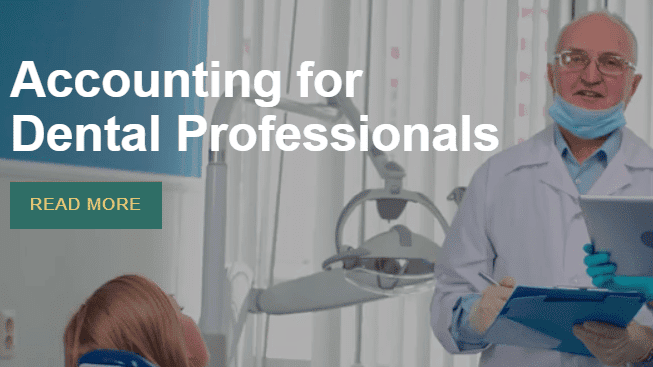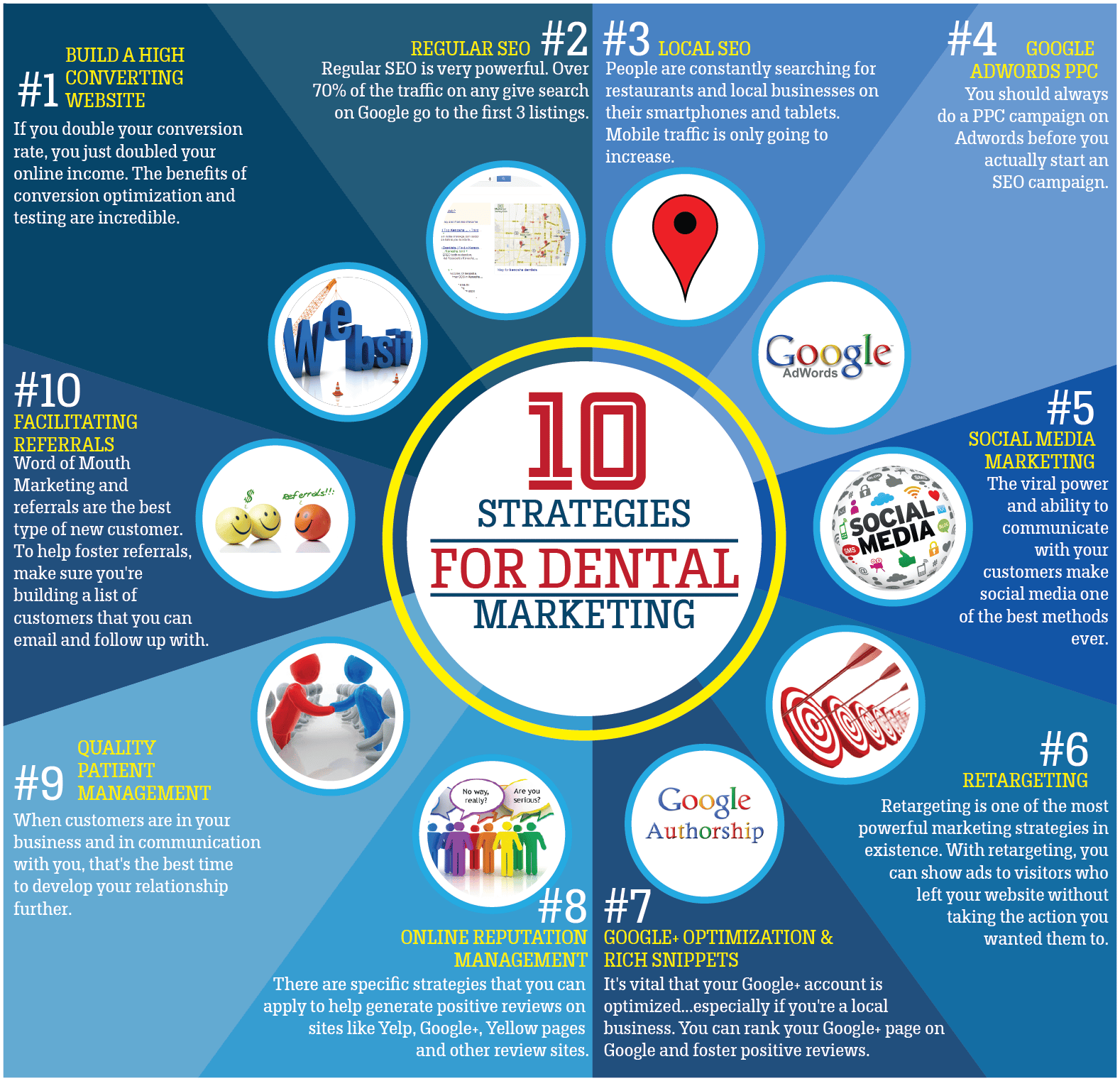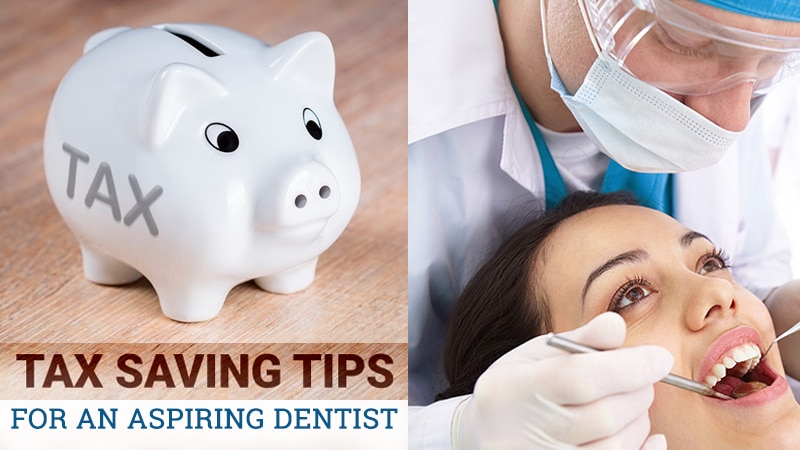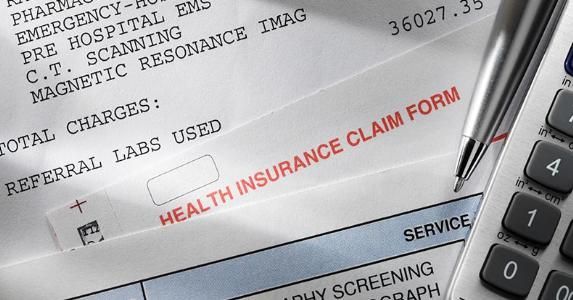CPAs Can Help You through the Transitions as a Dentist

CPAs Can Help You through the Transitions as a Dentist
Starting a new dental practice is to be your own boss. Expanding your practice lies in your accounting department. With proper financial planning, you can focus on your patient care and make informed decisions. A CPA can help you in effectively dealing with all your financial matters.
Connections for Your New Dental Practice
Before you get all hip with your new practice, you have to slow down and consider your options first. It is best to first build your connections with the professional world – not just in dentistry, but in other fields as well.
The most important people you need to get in touch with quickly are:
- Dental Attorney
- Dental CPA
- Dental Practice Broker
- Dental Banker
Building these relationships will help you stay strong in competitive markets. Having a dental practice is not always a bed of roses, and you have to deal with a lot of financial and legal issues. For example, a dental CPA can help you with accounting and financial advice, and facilitate loans easily.
What You Missed In Dental School
Your grades in dental school cannot prepare you for effectively managing the many responsibilities of a dental practice. The prime mover in a dental practice is the financial department, not just patient care!
You need to be aware of your financial situations to help you manage your dental practice, integrate new technologies, consider your staff, and other acquisitions including amenities.
It is best to have a few years of experience in the corporate world before heading into the foray yourself.
- Location is one of the most important factors. Your dental practice should be easily accessible by a large section of the general public. If it takes too much trouble to get to your location, you are losing patients by the hour! Make sure you set up in a well known location in whichever city you choose. Also, avoid locating close to other dentists for a busier patient traffic.
- You have to get a good insurance, for your professional service as a dentist as well as medical. It is best to have this done right after you graduate from dental college. If you have a sound plan under your belt, you can also get some lucrative offers when you finally buy your new practice.
- You can either buy an existing practice or start a new one. Generally, buying out an existing practice is less risky, but you have to be aware of why it was not working out in the first place.
Starting off with a new practice is a good idea provided you have the capital as well as the contacts to back it up.
Practices are typically valued as a percentage of their total annual income. This is usually in the brackets of 50% to 80% based on other factors like location, personnel, improvements, etc.
Normally a buyer will be able to secure hundred percent financing for the purchase price of the practice plus an additional $100,000 for transactional costs and working capital.
Grow Your Practice with A CPA
So you have established your practice, but now you are looking to grow. Proper financial management is the key to unlocking these secrets.
You need to have a solid loan deal in place – a CPA can help you out here – and you need to have a regular income from your practice that is enough to invest as capital.
Once you have that sorted out, you can start deciding on personnel changes. You need to review your staff in order to make decisions on whether you need more to handle your growing patient base.
Recommended Articles: Dental Practice Blogs






